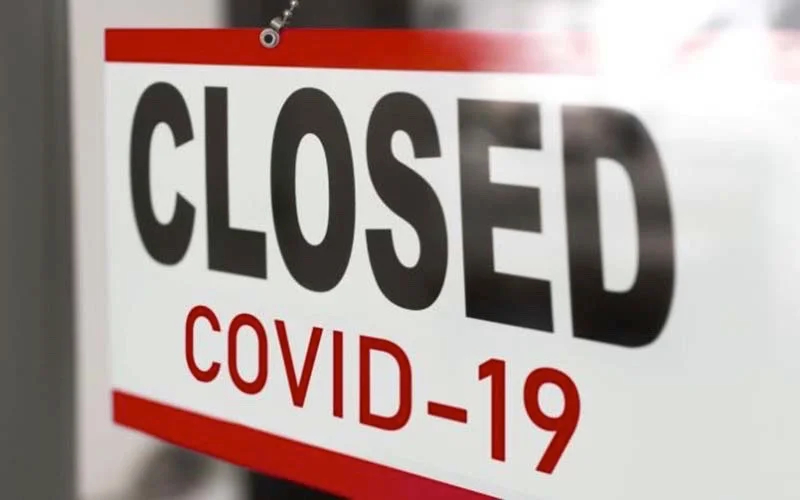Should You Save Money or Pay Off Debt?
Saving your money for emergencies or financial goals is important just as paying off your debt is. While saving any additional funds you have in your budget can be helpful and satisfying in preparing for future endeavors, paying off your debt can, in turn, free up a more significant chunk of your budget that was being taken up by sometimes hefty monthly payments.
So, should you save money or pay off debt? The answer depends on your unique financial situation. Let’s take a look at some factors that may help you make a decision.
Know Your Budget
Before making any financial decisions or changes, it’s essential to have a good understanding of your budget and its capabilities first. Whichever choice you end up making, if you are planning on either prioritizing debt pay-off or savings, you’ll need to know what the extent of your budget is.
If you don’t already have a budget made out, make a list of the following monthly expenses:
- Rent or mortgage payments
- Car payments
- Debt payments
- Utilities
- Health Insurance
- Car Insurance
- Grocery spending
- Other recurring monthly obligations
Be sure to include unnecessary expenditures in your budget, such as coffee or dining out, but be prepared to make cuts in this area if needed.
If you find that you have little to none left in your budget after totaling your regular expenses against your income, it’s time to see where cuts can be made. Check the following areas for potential savings:
- Heat and air bills
- Phone and cable bills
- Dining out spending
- Clothing purchases
- Gift purchases
- Grocery spending
Most likely you’ll be able to find savings in one of the categories listed above that can be applied to either your savings goals or debt repayment.
Know Your Savings
Savings goals and priorities will be different from person to person; however, it is imperative that savings be prioritized over debt satisfaction if you are short on emergency savings. If you find yourself in an emergency situation that requires funding, and you don’t have any emergency savings, you could be further jeopardizing your financial situation and have to take on more debt potentially.
If you have emergency savings already, consider the following when determining if you should prioritize savings over debt repayment:
- How soon do you expect to or need to accomplish the savings goal in question?
- How important is your savings goal to your financial health?
- Is your current budget, including your debt payments, allowing you to save a substantial enough amount to meet your goal within a timely manner?
- Would paying off your debt potentially enable you to save faster?
Know Your Debt
It’s possible that your debt is stifling your budget and savings goals, and that releasing yourself from the liability as quickly as possible will allow you to accommodate your savings and financial goals sooner. Consider the following when deciding if debt repayment should be satisfied first before continuing work on accomplishing your savings goals.
- How much debt do you have? Is your debt affecting your credit score by causing you to have too high a debt to income ratio?
- Are your monthly debt repayments easily met by you each month, or are you struggling to meet your obligations?
- What are your finance terms like? Are you wasting more money than needed by allowing your debt to continue?
Revise Your Budget
Whichever decision you make, it’s vital that you revise your budget to include the new amounts you plan on dedicating each month to either savings or debt repayment.
If you find that you have room in your budget to accommodate payments into both at the same time, that’s great; be sure to work this into your budget plan as well.




